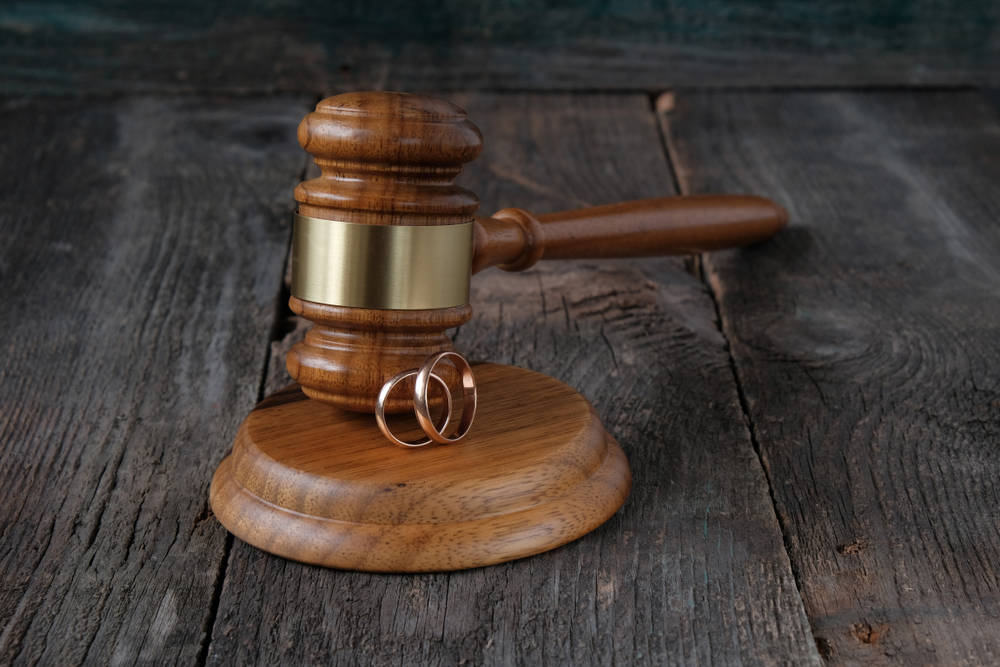In an election that many Alaskans are calling “the most important of our lifetimes,” with the presidency and control of the U.S. Senate on the line, as well as control of the Alaska House and possibly even the Alaska Senate and ballot propositions that will determine whether Alaska’s oil tax regime and our election laws will be changed, it is tempting to take a pass on the last part of the ballot — the part dealing with retention of judges. Don’t do it. Finish the ballot.
Alaska’s judicial selection and retention system is the best in the world. It focuses on finding the best-qualified candidates for the governor to choose from, then gives the voters the last say, by requiring every judge within three years of appointment to go before the voters to determine if the judge will be retained. And the voters don’t have to vote blind, because the Judicial Council — a citizen body created by the Alaska Constitution — gathers an immense amount of information about the judge’s performance and makes it available to the electorate before the election.
Just who makes up the Judicial Council? Six volunteer citizens, three appointed by the governor and confirmed by the Legislature, and three attorneys appointed by the Board of Governors of the Alaska Bar Association. The current council is made up of a retired Anchorage police officer who capped his career as spokesperson for the Anchorage Police Department, a neonatal intensive care unit nurse from Anchorage, the president of Kawerak Inc. who sits on the board of the Alaska Federation of Natives and the Denali Commission, and attorneys from Sitka, Anchorage and Fairbanks. The chair is the Chief Justice of the Alaska Supreme Court, who votes only in the case of a tie. As council records show that the council is unanimous (or unanimous but for one member) 82% of the time, the chief justice is called upon to vote only rarely.
This year voters in Southeast have it easy. Only two judicial officers are on the retention ballot: Justice Sue Carney of the Alaska Supreme Court and Judge Tracey Wollenberg of the Alaska Court of Appeals. No judges in Southeast are on the ballot this year.
The Judicial Council exhaustively surveyed the judges’ performance. It polled justice system professionals — all the attorneys in the state and court system employees — reviewed the judges’ professional activities, reviewed other records (including financial disclosure statements from the Alaska Public Offices Commission, filings from the Commission on Judicial Conduct, recusal filings, timeliness of the judges’ decision and other records), held public hearings on the judges’ performance and accepted written comments. It then voted unanimously to recommend that Justice Carney and Judge Wollenberg be retained.
That seems like a pretty good indication that these judges deserve your yes vote. But don’t take our word for it. Go to knowyouralaskajudges.com, review all the information there, and then decide. And after you do that, finish the ballot and cast your vote in the retention election.
• The authors are all fully retired judges who have served in Southeast Alaska. Their collective judicial service totals 156 years: Walter “Bud” Carpeneti served on the Superior Court in Juneau from 1981 to 1998, and on the Alaska Supreme Court from 1998 to 2013. He was Chief Justice from 2009 to 2012; Tricia Collins served on the District Court in Ketchikan from 1995 to 1998, and on the Superior Court in Juneau from 1999 to 2011; Peter Froehlich served on the District Court in Juneau from 1989 to 2005; David George served on the Superior Court in Sitka from 2007 to 2018; Keith Levy served on the District Court in Juneau from 2005 to 2016; Louis Menendez served on the Superior Court in Juneau from 2011 to 2018; Thomas Nave served on the District court in Juneau from 2010 to 2018; Thomas E. Schulz served on the Superior Court in Ketchikan from 1973 to 1992 . He was the presiding judge for the First Judicial District (all of Southeast Alaska) from 1981 to 1992; Larry R. Weeks served on the Superior Court in Juneau from 1990 to 2007. He was the presiding judge for the First Judicial District from 1992 to 2007; Larry Zervos served on the District Court in Fairbanks from 1988 to 1990, and the Superior Court in Sitka from 1990 to 2007. Columns, My Turns and Letters to the Editor represent the view of the author, not the view of the Juneau Empire. Have something to say? Here’s how to submit a letter to the editor or My Turn .

